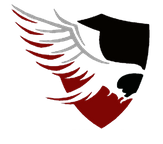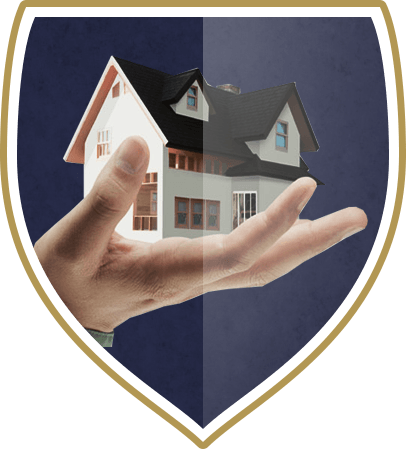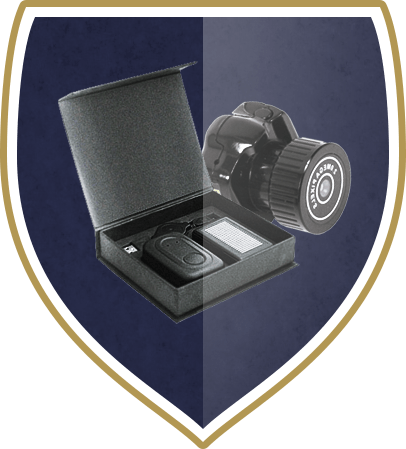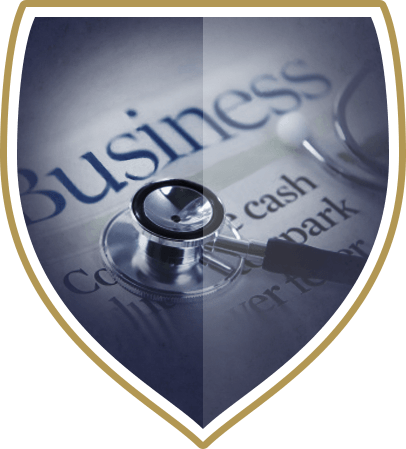

Services
WORLD BUSINESS AND SECURITY ASSOCIATION

Personal and property protection
Personal protection
Personal protection refers to the measures and tactics employed by individuals to safeguard themselves from physical harm or crime. This encompasses a variety of strategies, from situational awareness and self-defense training to employing personal protective equipment and security services. Learning how to anticipate potential dangers, react to unforeseen events, and effectively defend oneself can significantly increase one's safety in various settings – whether at home, in public, or while traveling.
-
Key components of personal protection might include:
- *Awareness Training*: Enhancing one's ability to perceive and avoid potential threats before they materialize.
- *Self-Defense*: Learning physical techniques and psychological strategies to deter attackers and protect oneself during an assault.
- *Technology*: Utilizing personal safety apps, emergency notification systems, and security devices like personal alarms.
- *Legal Self-Protection*: Understanding the legal rights and permissible means of self-defense in one's jurisdiction.
Private detective services
Property protection
Property protection involves securing possessions, real estate, and other assets from theft, damage, or unauthorized access. It includes a range of physical and electronic security measures tailored to shield tangible and intangible properties. Residential, commercial, and industrial spaces all benefit from comprehensive property protection strategies that might encompass around-the-clock surveillance, access control systems, and reinforced structural measures.
Crucial elements of property protection may cover:
- *Physical Security Measures*: Such as locks, gates, window grills, and security doors designed to prevent unauthorized entry.
- *Surveillance Systems*: Including CCTV cameras, motion detectors, and alarm systems that monitor and record activity for both deterrence and evidence collection.
- *Access Controls*: From traditional lock-and-key setups to sophisticated biometric and electronic access systems that regulate who can enter specific areas.
- *Cybersecurity*: Protecting digital assets through firewalls, encryption, and anti-malware software to defend against online theft and hacking.


Security equipment for your safety
Security equipment encompasses a broad range of tools and systems designed to enhance safety for individuals, businesses, and communities. These products provide essential defense against various risks, including theft, intrusion, violence, and natural disasters. Here is an overview of various types of security equipment and their purposes:
Surveillance Cameras: One of the most ubiquitous forms of security equipment. Cameras act as a deterrent to criminals and provide valuable footage that can help identify intruders and monitor areas in real-time.
Analysis and investigations
*Surveillance Cameras*: One of the most ubiquitous forms of security equipment. Cameras act as a deterrent to criminals and provide valuable footage that can help identify intruders and monitor areas in real-time.
*Alarm Systems*: These systems alert occupants and authorities during unauthorized entry or emergencies. They often include features like door/window sensors, motion detectors, and glass-break sensors.

